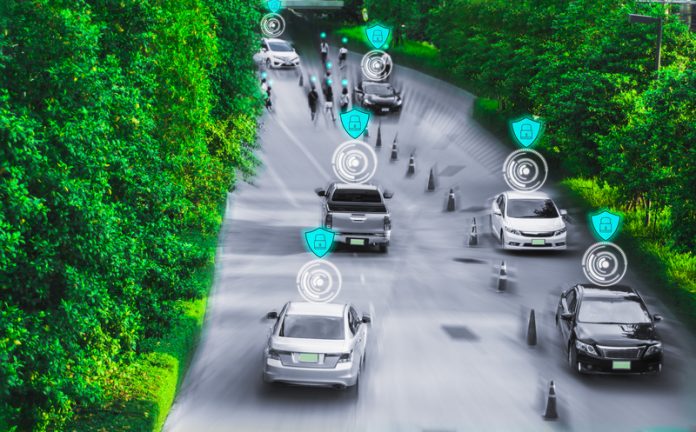Here, SSG Insight explores how driverless cars will have the ability to transform the future of autonomous vehicles
From cruise control to active park assist, in recent years we’ve seen technological advancements increasingly being implemented in the mainstream automotive industry. However, driving the major transformation in autonomous vehicles is Swedish based Einride, who by 2020 will have developed a fully autonomous truck that can hold up to 20 tonnes in weight of freight.
Although the technology will essentially eliminate the need for humans to drive vehicles, bring a host of new infrastructure challenges and pose wider societal questions, the Society of Motor Manufacturers and Traders (SMMT) has predicted that autonomous cars and the production systems used to create them to be worth £51 billion a year to the UK economy by 2030.
Although in the short-term driverless vehicles will displace existing jobs, it will also generate large productivity gains and economic growth that otherwise wouldn’t be possible. With the average commute time in the UK set at approximately one-hour, driverless cars will not only have a positive impact on traffic within rush hour but also for employee productivity as travel time can be utilised to perform value-adding tasks, such as replying to emails and reading.
Employees with skills that machines can’t replicate to a high standard will also find that they still hold a vital role in Industry 4.0. Whilst it’s predicted that a third of British manufacturing will be automated by 2021, including that of the automotive industry, two-thirds of leading executives have forecast that they expect to employ more people after Britain leaves the EU, and 23% aim to prioritise investment in people to futureproof their business.
Rather than humans being replaced by machines, the rise of IoT will encourage staff to upskill for new technical roles and requirements. This latest industry snapshot draws upon extensive research amongst the UK’s leading manufacturing executives, released alongside the launch of a new report from Sheffield Hallam University and SSG Insight: Harnessing Brexit, Technology and Insight: British Manufacturers, a Competitive Edge in an Age of Uncertainty and Opportunity.
This timely investment into a digitally trained workforce will be mandatory for those in the manufacturing industry, as the shift to produce autonomous rather than normal vehicles will require a different labour market with updated digital skillsets. To keep ahead of the competition automotive companies will have to start honing in on their data and, through advanced analytics, create a prediction of what will be required of their production processes and labour workforces in the future for the manufacture of driverless vehicles.
The production of the vehicles, from commuter cars to freight wagons, will drive a resurgence of the British automotive industry and has the potential, as claimed by the SMMT, to create hundreds of thousands of additional jobs in order to keep up with consumer and trade demand.
With the press often being dominated by only the unsuccessful attempts of implementing driverless vehicles on the roads, public opinion is still very much divided on what benefits driverless vehicles will bring and many people still believe the concept to be a fantasy of the future.
However, the myth of robot takeover and employment rate decline must be tackled head on by the industry, as the technology advancement will create an influx of jobs that will be digitally-focussed across fleet management, renewing infrastructure and software development including that of apps for connected cars.
Ian Dowd
CMO











